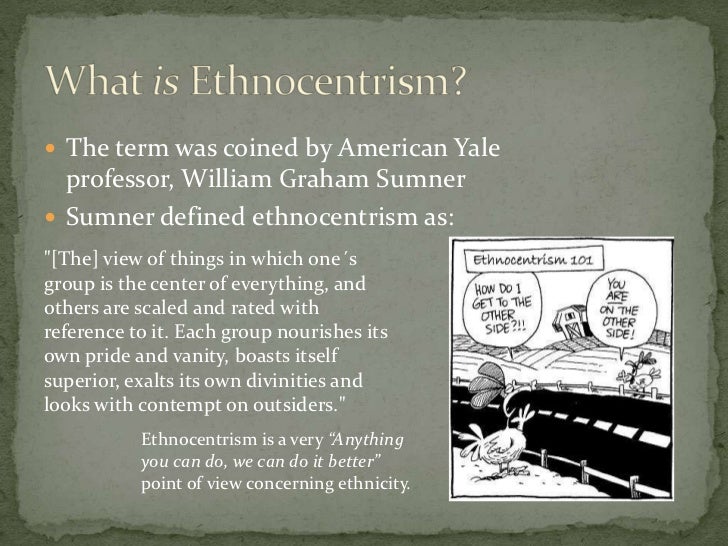

This is because the representation of different groups within any given society is controlled by groups that have greater political power. The idea of ‘ otherness’ is central to sociological analyses of how majority and minority identities are constructed. I will also include examples and resources for people interested in learning more about otherness. Mao’s large-scale attack on the party and system he had created would eventually produce a result opposite to what he intended, leading many Chinese to lose faith in their government altogether.This page provides a sociological definition of otherness and how it works in societies. The Cultural Revolution’s short-term effects may have been felt mainly in China’s cities, but its long-term effects would impact the entire country for decades to come. Some 1.5 million people were killed during the Cultural Revolution, and millions of others suffered imprisonment, seizure of property, torture or general humiliation. Long-Term Effects of the Cultural Revolution Deng regained power in 1977 and would maintain control over Chinese government for the next 20 years. The radicals finally convinced Mao to purge Deng in April 1976, a few months after Zhou’s death, but after Mao died that September, a civil, police and military coalition pushed the Gang of Four out. In the next several years, Chinese politics teetered between the two sides. The two leaders threw their support to Deng Xiaoping (who had been purged during the first phase of the Cultural Revolution), a development opposed by the more radical Jiang and her allies, who became known as the Gang of Four. In 1972, however, Mao suffered a stroke in the same year, Zhou learned he had cancer.

Zhou acted to stabilize China by reviving educational system and restoring numerous former officials to power. The population was urged to rid itself of the “Four Olds”: Old customs, old culture, old habits, and old ideas. A personality cult quickly sprang up around Mao, similar to that which existed for Josef Stalin, with different factions of the movement claiming the true interpretation of Maoist thought. In the months that followed, the movement escalated quickly as the students formed paramilitary groups called the Red Guards and attacked and harassed members of China’s elderly and intellectual population. He shut down the nation’s schools, calling for a massive youth mobilization to take current party leaders to task for their embrace of bourgeois values and lack of revolutionary spirit.
#Cultural notion definition full
Mao launched the so-called Cultural Revolution (known in full as the Great Proletarian Cultural Revolution) in August 1966, at a meeting of the Plenum of the Central Committee. Chairman Mao Zedong gathered a group of radicals, including his wife Jiang Qing and defense minister Lin Biao, to help him attack current party leadership and reassert his authority.ĭid you know? To encourage the personality cult that sprang up around Mao Zedong during the first phase of the Cultural Revolution, Defense Minister Lin Biao saw that the now-famous "Little Red Book" of Mao's quotations was printed and distributed by the millions throughout China. Mao’s own position in government had weakened after the failure of his “ Great Leap Forward” (1958-60) and the economic crisis that followed. In the 1960s, Chinese Communist Party leader Mao Zedong came to feel that the current party leadership in China, as in the Soviet Union, was moving too far in a revisionist direction, with an emphasis on expertise rather than on ideological purity.

The Cultural Revolution continued in various phases until Mao’s death in 1976, and its tormented and violent legacy would resonate in Chinese politics and society for decades to come. Believing that current Communist leaders were taking the party, and China itself, in the wrong direction, Mao called on the nation’s youth to purge the “impure” elements of Chinese society and revive the revolutionary spirit that had led to victory in the civil war 20 years earlier and the formation of the People’s Republic of China. The Cultural Revolution was launched in China in 1966 by Communist leader Mao Zedong in order to reassert his authority over the Chinese government. Long-Term Effects of the Cultural Revolution.Lin Biao’s Role in the Cultural Revolution.


 0 kommentar(er)
0 kommentar(er)
